Let’s face it, the last couple of months have exposed Germany to a lot of criticism as a European defence partner.
Before we even get into gas and Roubles, Nord Stream 2 and the oft-reported apparent wholesale purchase of the German elite by Russia. We have to recognise that Germany has spent a much lower percentage of GDP on defence than many others. (1.53% in 2010) 2021). Yet, it continues to benefit from defence exports to many nations that do spend.
The oft-used saying ‘Waffen bringen kein Frieden’ (“Weapons don’t bring peace”) is fair enough, I guess, but that does not prevent Germany from being the world’s fourth-largest defence exporter. Yes, I appreciate all the historical reasons, but the blunt reality is the German economy benefits from other nations spending more on European defence than it does.
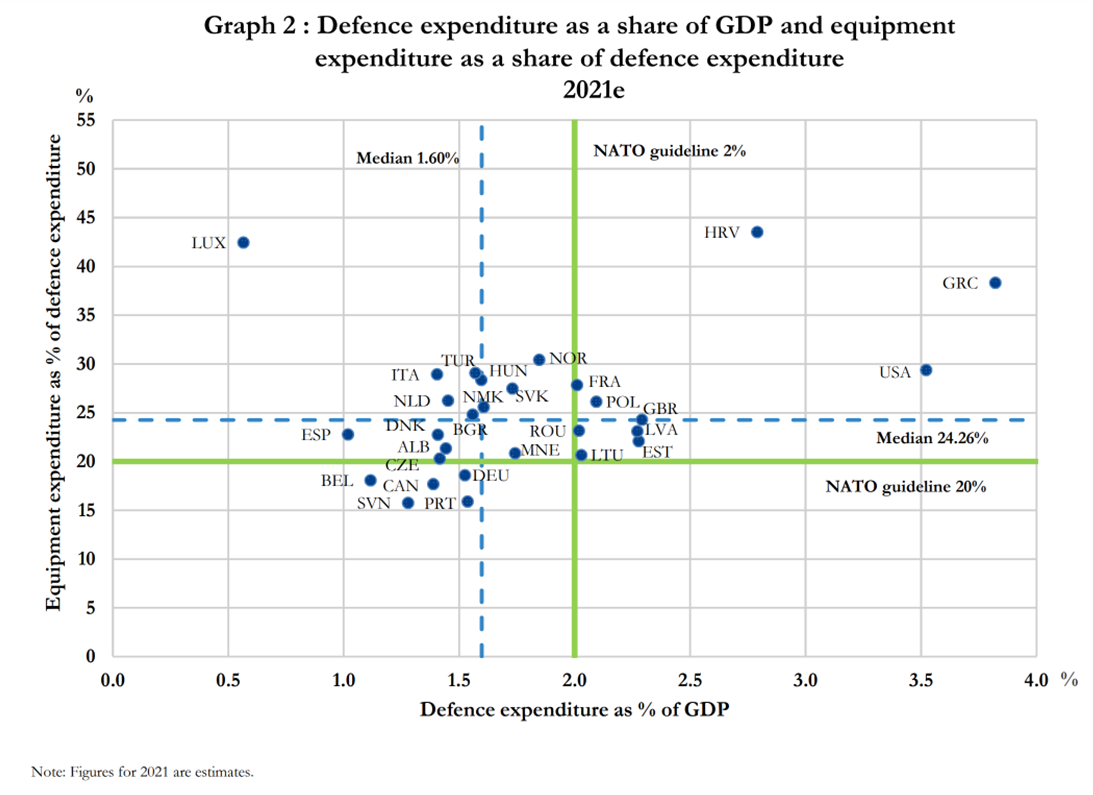
The conflict in Ukraine has opened Germany up to intense criticism; helmets and dangerous missiles, yes, no and maybe seemingly every day, confusion and vacillation, then being dragged kicking and screaming into providing materially useful support and increasing defence spending.
This is on top of actually selling defence material to Russia since the 2014 invasion of Crimea.
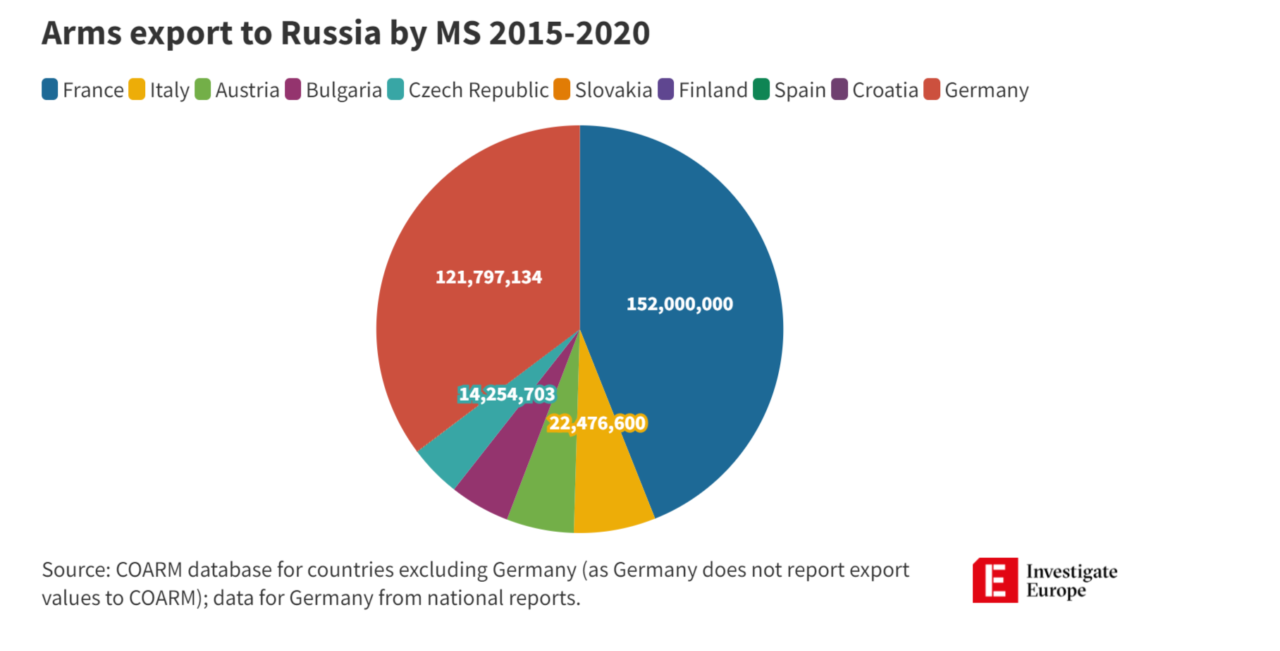
Do we continue to reward this behaviour?
If you are the British Army, seems so.
For the third time, the UK MoD Robotic Platoon Vehicle (RPV) programme has elected to work with Rheinmetall, selecting the company’s Mission Master SP UGV for the third and final phase of the programme. The British Army has ordered four Mission Master SP in an ISTAR configuration and three equipped for cargo tasks. In previous phases of the programme, eight vehicles had been procured. The new order, placed in January, will be completely delivered by August
With MAN trucks, CR3 and Boxer, the British Army is heavily exposed to the German defence sector.
Horstmann and WFEL have also recently been purchased by Renk and KMW respectively, and of course, RBSL.
All that said, this isn’t really about Germany, it is about risk.

We should avoid reliance on or over-exposure to any one nation for our defence equipment, it is just prudent risk management.
The recently published Land Industrial Strategy has this to say
It will ensure the Army receives the capabilities it requires, but in a way that drives opportunity for UK industry and the economy. It recognised the growing importance of operational independence in the Land sector, as well as the social value that investment here can bring to the UK.
A couple of the objectives are
Recognition of the importance of maintaining operational independence and resilience, including a greater role for UK supply chains; and
The need to support our industrial base, including SMEs, and commit to more stable, predictable, and visible acquisition and investment pipelines
Let’s hope this strategy looks at the overreliance on the German defence sector.
None of this is about being critical of Germany, we should not blame them or even criticise them, but we have to operate in a world of reality and act accordingly, and spread our finite jam over multiple partners.
NOTE:
At the risk of repeating myself, this is not a criticism of Germany per se, Germany acts in its interests in response to the wishes of its people. We might wish for more, but it is none of our business. All I want is for the UK to avoid over-reliance on any single partner and do like France, Spain, Germany, Italy, Japan, the Republic of Korea, and many others do, prioritise their industries.
Read More (Affiliate Link)

Discover more from Think Defence
Subscribe to get the latest posts sent to your email.

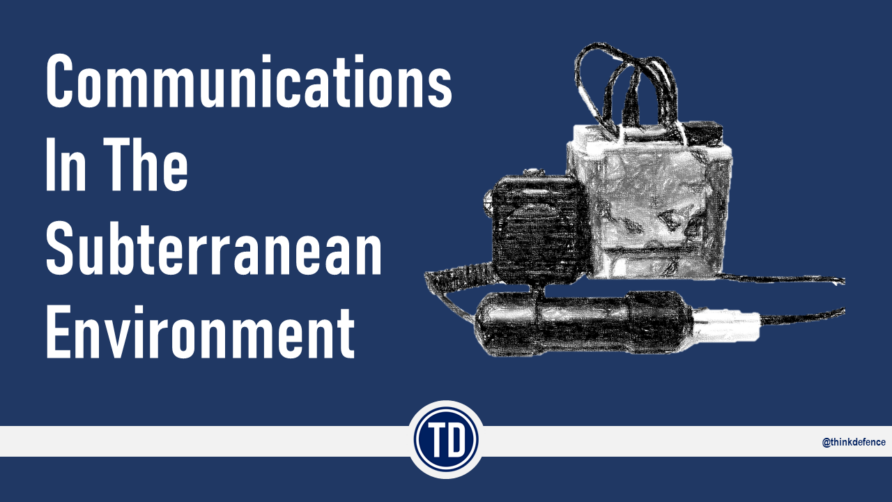
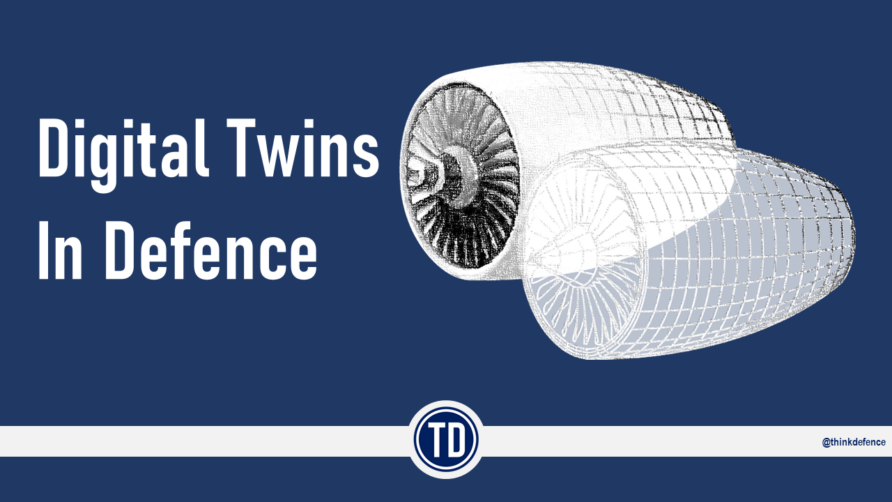
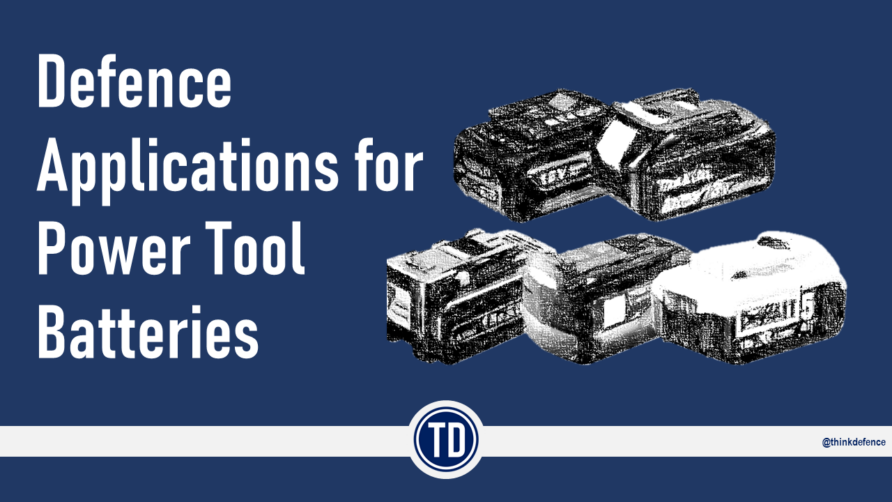
Krupp’s had a long history of selling arms to each side in a conflict – why change the (profitable) habit of a lifetime?
I notice at the very end of your link on detailed defence equipment sales to Russia after the Crimea invasion they say that Russia was Ukraine’s 2nd biggest defence exports customer
If we’re going to buy German we should buy for the right reasons -> clearly defined prioritised requirements and transparent competition. Land 400 in Australia is a good example
At the moment it all looks very insiderish – Some strong professional relationships were established during the glory days of BAOR
I'm a little puzzled by this article. Germany has not spent as much as it should on Defence bit has sold a lot of defence equipment. So what? In regard to the former, they should spend more but that is irrelevant to other procurement decisions. In regard to the latter, no one is compelled to buy it, but people do because some of it is either good quality or good value for money or both. We could build our own trucks but we buy MAN. Why? Is it because we don't have a factory that can build trucks or one that can build ones good enough/cheap enough? Whatever, that is not the fault of the Germans, who have maintained a strong manufacturing basis of their economy, rather than our own, based on running around doing each other's washing.